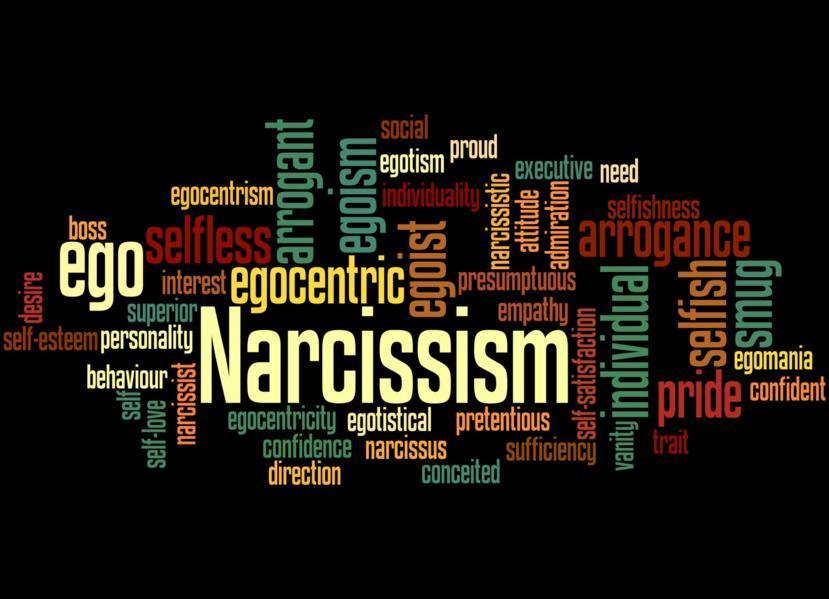Narcissism by Specialty

Jennifer Sills is a bilingual physician associate (PA-C) practicing in Miami Beach, FL. Jennifer specializes in internal medicine and Psychiatry. She is dedicated to educating her patients, promoting wellness and preventing and treating human illness. She has the ability to perform physical exams, order and interpret ancillary... more
Mirror mirror on the ward, who’s the most narcissistic of them all? Pathologic personality traits in health care.
Within the cohort of medical professionals in this study, surgeons expressed significantly higher levels of narcissism (p = 0.03, mean NPI score 15.0).
Narcissists may exploit others without guilt or shame. Narcissists never develop the ability to identify with the feelings of others—to put themselves in other people’s shoes. In other words, they lack empathy. In many ways, they view the people in their lives as objects—there to serve their needs. As a consequence, they don’t think twice about taking advantage of others to achieve their own ends. Sometimes this interpersonal exploitation is malicious, but often it is simply oblivious. Narcissists simply don’t think about how their behavior affects others. And if you point it out, they still won’t truly get it. The only thing they understand is their own needs.
During the COVD-19 quarantine, retailers, grocery store employees, and restaurant workers were elevated to the status of “hero” in addition to doctors, nurses, and others on the frontlines (e.g., Wermiel, 2020). Our central question was to determine whether this new hero status had consequences for essential workers' narcissism.
State narcissism can change across time and situations, most notably following outcomes such as experiencing power over someone else, receiving recognition, helping another person, or after social media use (Gentile et al., 2012; Giacomin & Jordan, 2016). Thus, it seems reasonable that an essential worker's newfound hero status could have implications for experiences of state narcissism. In the present study, we surveyed essential workers to examine this question.
1.1. Trait narcissism
Trait narcissism is comprised by three forms: agentic grandiose narcissism (AN), communal grandiose narcissism (CN), and vulnerable narcissism (VN). Grandiose narcissists1 believe they are uniquely important, influential, and deserving of special treatment (Krizan & Herlache, 2018; Thomaes et al., 2018). What distinguishes AN from CN is the domain used to justify their global self-evaluations, either through agency (e.g., assertiveness) or communion (e.g., prosociality) (Gebauer & Sedikides, 2018). VNs, on the other hand, feel uniquely important and deserving of more (Freis, 2018) but experience lower self-esteem, anxiety, and desire for social approval (Brown & Brunell, 2017; Brunell & Buelow, 2019). Thus, both grandiose and vulnerable narcissists might be motivated to bask in hero worship of essential workers during the pandemic and experience a boost to their self-importance as a result.
1.2. The current research
Essential workers self-reported their trait and state narcissism and their communication behavior during the early parts of the pandemic, including over social media, which narcissists tend to use in abundance (Kircaburun et al., 2019). We predicted that narcissists would be more likely to communicate about their work in attempt to gain attention and approval. Furthermore, we predicted that greater communication about one's work, and feeling validated in this communication, would inflate a person's self-importance as observed through increased state narcissism levels.
https://www.ncbi.nlm.nih.gov/pmc/articles/PMC9045804/#!po=2.38095







